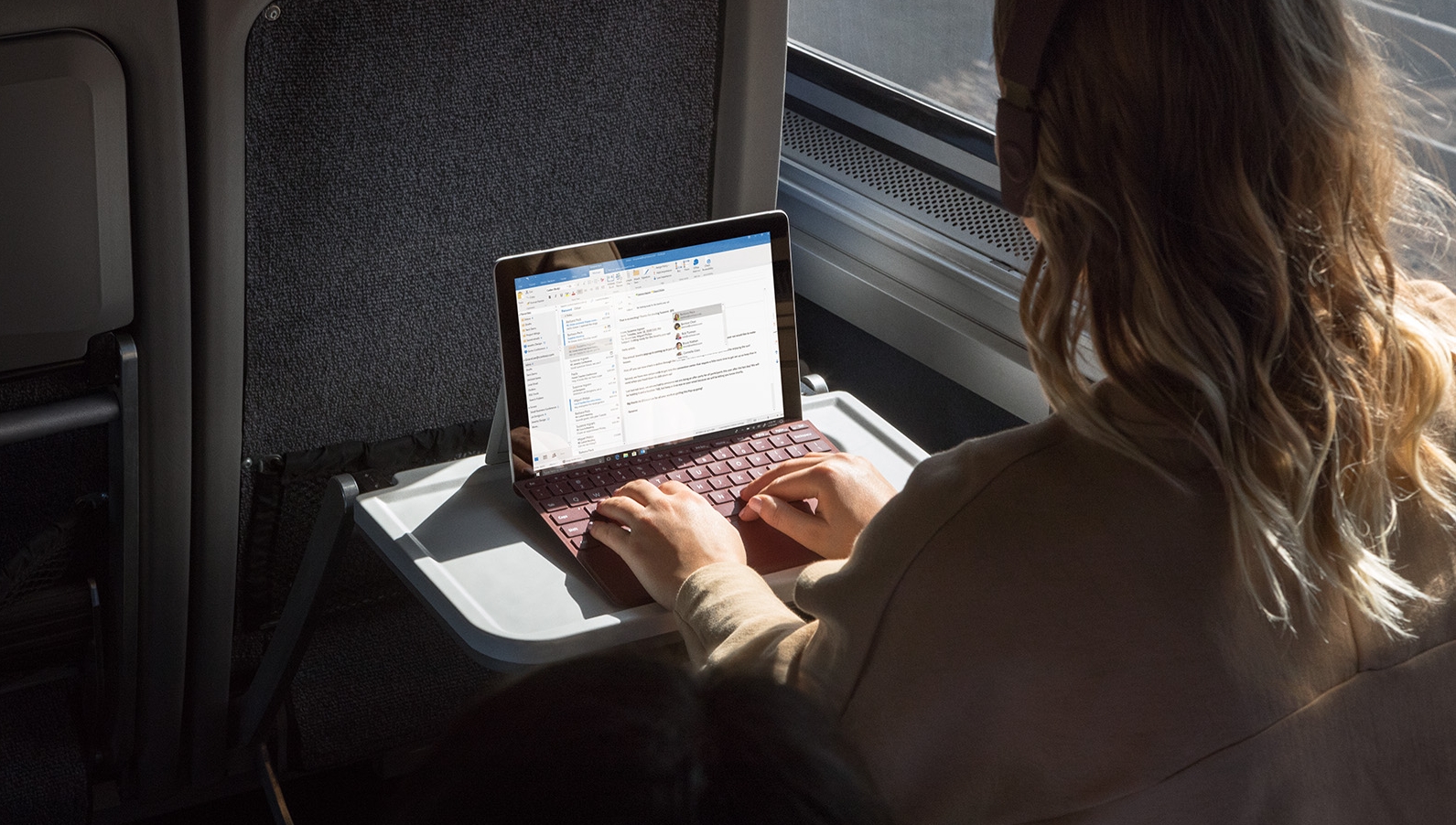Windows 10's extra year of free updates comes with a surprising hidden catch related to Microsoft accounts
Microsoft is being strict when it comes to fudges to use a local account

Sign up for breaking news, reviews, opinion, top tech deals, and more.
You are now subscribed
Your newsletter sign-up was successful
- Microsoft has revealed another nuance with how the extra year of free updates for Windows 10 will work
- It will require you to be signed into a Microsoft account on an ongoing basis
- This is to avoid somebody signing up for extended updates with a Microsoft account, then switching to a local one for the rest of the year
We've had another development in the twist-and-turn-filled saga of extended support for Windows 10, and a further revelation about how the offer of an extra year of free security updates will work that might come as bad news for some.
Even the no-strings-attached offer that recently emerged for those living in Europe – the EEA, or European Economic Area, to be precise – requires you to sign into a Microsoft account, and it seems that this applies to more than just the initial enrolment for the Extended Security Updates (ESU) scheme.
As reported by Windows Latest , Microsoft has confirmed that people who use the ESU program will not only need to be signed into a Microsoft account when they take up the offer, but they will have to stay logged into that account at least once every 60 days.
Microsoft told the tech site: "If your MSA [Microsoft account] is not used to sign in for a period of up to 60 days, ESU updates will be discontinued, and you’ll need to re-enroll by signing in using the same MSA."
As you're likely aware by now, Windows 10 runs out of support on October 14, 2025, and the ESU is the only way you can safely stay on the OS, getting security updates through to October 2026.
Analysis: no local loophole – kind of

What does this mean in practice? This measure is put in place to stop those who want to get extended security updates for Windows 10 after October 2025 for free, while using a local account with the OS. In other words, a Windows 10 installation that isn't tied to a Microsoft account.
Some people might have thought that they could get the ESU by signing in with a freshly-created Microsoft account on their PC, and then switch back to their local account, and disregard that Microsoft account – essentially dodging this requirement.
Sign up for breaking news, reviews, opinion, top tech deals, and more.
That can't be done, however, because as noted, Microsoft is going to check whether you remain signed into the Microsoft account linked to the ESU enrolment.
Of course, you could sign up for the ESU, switch to a local account, then sign up again two months later, then switch back to your local account, and so on. However, that's a bit of a hassle, and clearly, Microsoft wants to deter those trying to fudge their way around the requirement to have a Microsoft account for extended updates.
What isn't clear is whether Microsoft will be checking on users outside Europe to see if they stop syncing their PC settings to OneDrive, which is a requirement for everyone outside of the EEA to get the free update offer. Those in the EEA aren't subject to this stipulation due to the regulations in that region – specifically the Digital Markets Act, which has forced Microsoft to modify its behavior considerably when it comes to some elements of Windows. (Note that earlier this week, we also saw a hint that one important change Microsoft made regarding Edge and Bing in Europe might just come to the rest of the world - which would be excellent news if it happens.)
It's also worth noting that even those who pay for extended support – which costs $30 for the year, or the equivalent in your local currency – need to have a Microsoft account (and are presumably subject to the same two-monthly checks mentioned here).
You might also like
Darren is a freelancer writing news and features for TechRadar (and occasionally T3) across a broad range of computing topics including CPUs, GPUs, various other hardware, VPNs, antivirus and more. He has written about tech for the best part of three decades, and writes books in his spare time (his debut novel - 'I Know What You Did Last Supper' - was published by Hachette UK in 2013).
You must confirm your public display name before commenting
Please logout and then login again, you will then be prompted to enter your display name.